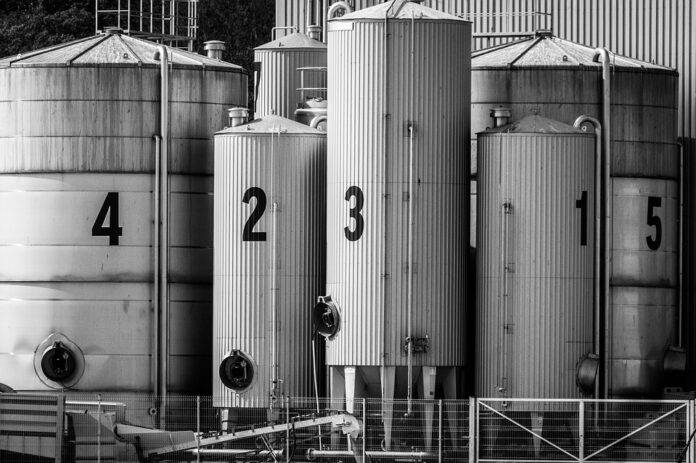Materials used in Silo Construction: Steel, Concrete, and Composites
Silo construction is an essential part of many industries, including agriculture, manufacturing, and storage facilities. The materials used in silo construction play a crucial role in determining the durability, strength, and longevity of these structures. In this report, we will explore the three main materials used in silo construction: steel, concrete, and composites.
Steel Silos
Steel is a popular choice for silo construction due to its strength, durability, and versatility. Steel silos are commonly used in industries where large storage capacities are required, such as agriculture and food processing. These silos can be easily assembled on-site and offer excellent protection against environmental factors like moisture, pests, and fire.
One of the key advantages of steel silos is their longevity. With proper maintenance, steel silos can last for decades, making them a cost-effective storage solution in the long run. Additionally, steel silos are highly customizable, allowing for easy expansion or modification to meet changing storage needs.
In terms of cost, steel silos can be more expensive upfront compared to other materials like concrete. However, the durability and longevity of steel silos often outweigh the initial investment. According to industry data, the average cost of a steel silo can range from $20,000 to $100,000, depending on the size and specifications.
Some well-known companies that specialize in steel silo construction include Silos Córdoba, Sioux Steel Company, and CST Industries. These companies offer a wide range of steel silo designs and customization options to meet the specific needs of their clients.
Concrete Silos
Concrete is another commonly used material in silo construction, known for its strength, durability, and resistance to environmental factors. Concrete silos are ideal for storing materials like grains, cement, and aggregates due to their airtight and moisture-resistant properties.
One of the key advantages of concrete silos is their longevity and low maintenance requirements. Concrete structures are less susceptible to damage from pests, fire, and weather conditions compared to other materials. Additionally, concrete silos have excellent thermal insulation properties, which can help protect the stored materials from temperature fluctuations.
In terms of cost, concrete silos are generally more affordable than steel silos, making them a popular choice for smaller storage facilities or on a tight budget. The average cost of a concrete silo can range from $10,000 to $50,000, depending on the size and design specifications.
Some notable companies that specialize in concrete silo construction include Hanson Silo Company, Marietta Silos, and Younglove Construction. These companies have extensive experience in designing and building concrete silos for various industries, ensuring high-quality and reliable storage solutions.
Composite Silos
Composite materials, such as fiberglass-reinforced plastic (FRP) and carbon fiber, are gaining popularity in silo construction due to their lightweight, corrosion-resistant, and high-strength properties. Composite silos offer a unique combination of durability and flexibility, making them suitable for a wide range of storage applications.
One of the key advantages of composite silos is their resistance to corrosion, making them ideal for storing corrosive materials like chemicals, acids, and fertilizers. Composite materials are also non-conductive, offering added protection against electrical hazards in certain industries.
In terms of cost, composite silos can be more expensive than steel or concrete silos due to the higher cost of materials and specialized manufacturing processes. The average cost of a composite silo can range from $30,000 to $150,000, depending on the size and complexity of the design.
Some leading companies in composite silo construction include Silos de Almacenamiento, Tank Connection, and ZCL Composites. These companies specialize in designing and manufacturing custom composite silos to meet the specific requirements of their clients, ensuring high-quality and durable storage solutions.
In conclusion, the choice of materials used in silo construction depends on various factors, including the storage requirements, budget, and environmental conditions. Steel, concrete, and composite materials each offer unique advantages and considerations for different storage applications. By understanding the characteristics and costs of these materials, industries can make informed decisions when designing and building silos for their storage needs.




